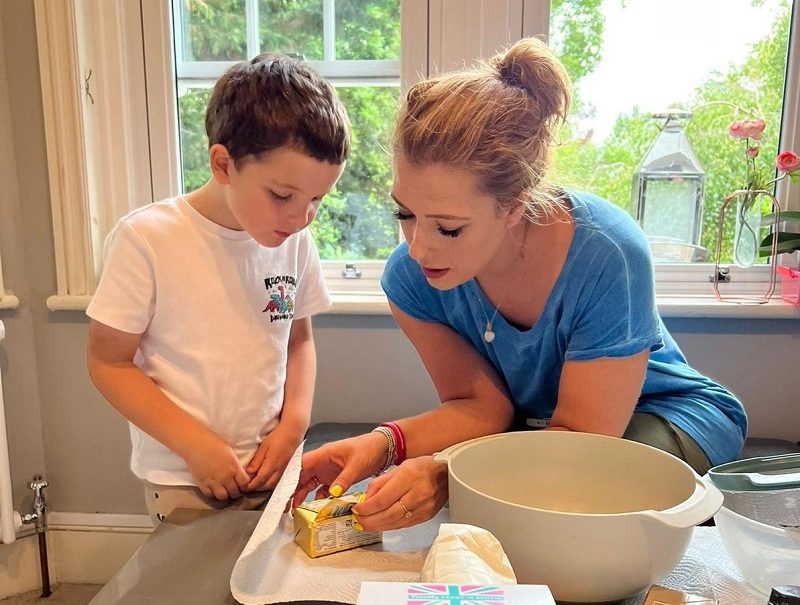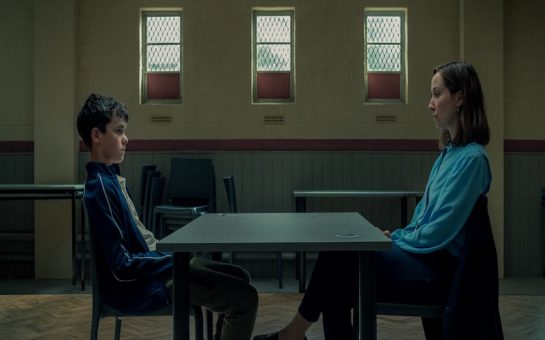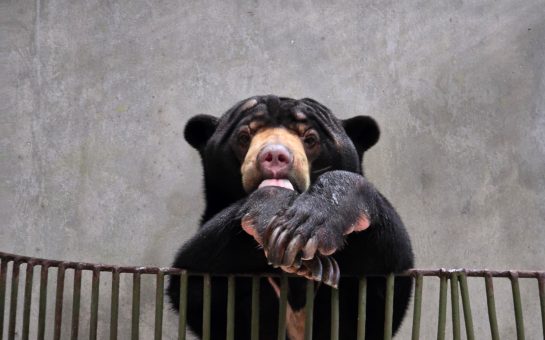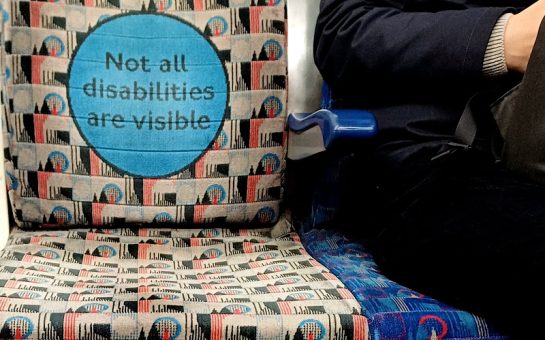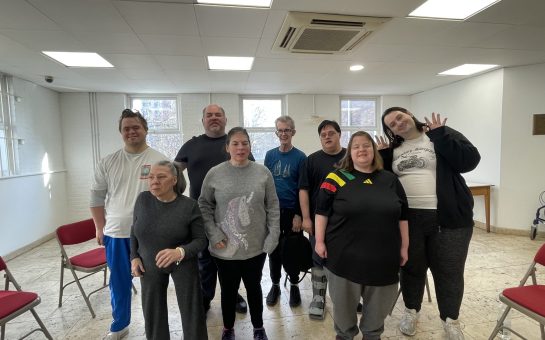A young woman who survived a rare brain lesion became a TV presenter last month, alongside her charity work for nutrition and wellness.
Simona Stankovska, 36, from St. Margaret’s, received the role for shopping channel QVC for kitchen, baking, and cooking; her latest step in her ongoing journey towards recovery and wellness.
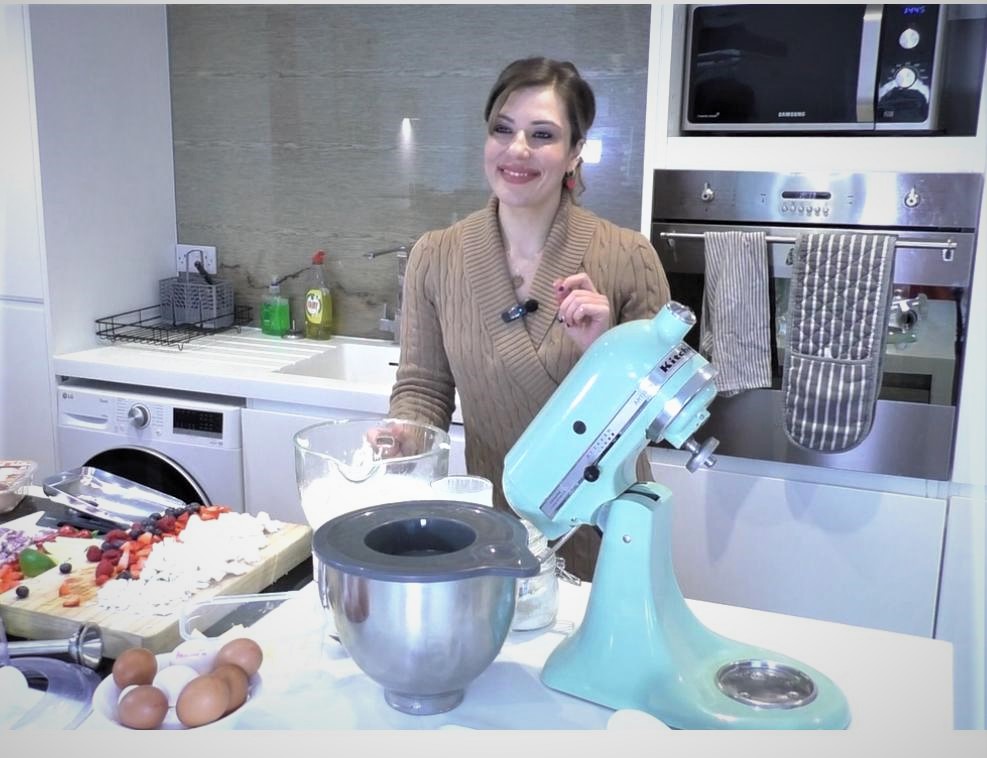
AUDITION FOR QVC: Still from Simona’s cooking demonstration video. Credit: Simona Stankovska.
Stankovska is recovering from the removal of a cavernoma; a rare lesion made up of abnormal blood vessels, most common in the brain or spine, of which 1 in 400,000 are symptomatic, and 1 in 600 asymptomatic.
Stankovska, who suffered from some typical symptoms of epileptic seizures and a stroke in 2015-when she passed out at the wheel of her car and was rushed to hospital for a cavernoma’s only treatment of dangerous surgery, (for Stankovska, in her frontal lobe) – said of her recovery: “A lot of it is about confidence; I needed the support, I didn’t have the motivation or energy.
“If I met a friend for a coffee for an hour, I had to give myself a rest day.
“I needed intense rehabilitation; I had occupational therapy to help me walk again, but no emotional therapy, and as the frontal lobe is your emotional centre I was in survival mode, impulsive or crying all the time, thinking if I die I’m not going to know about it, but if I live I want a quality of life.”
On undertaking speech therapy for nine months, Stankovska said: “Communication was part of who I was, so it was horrible.”
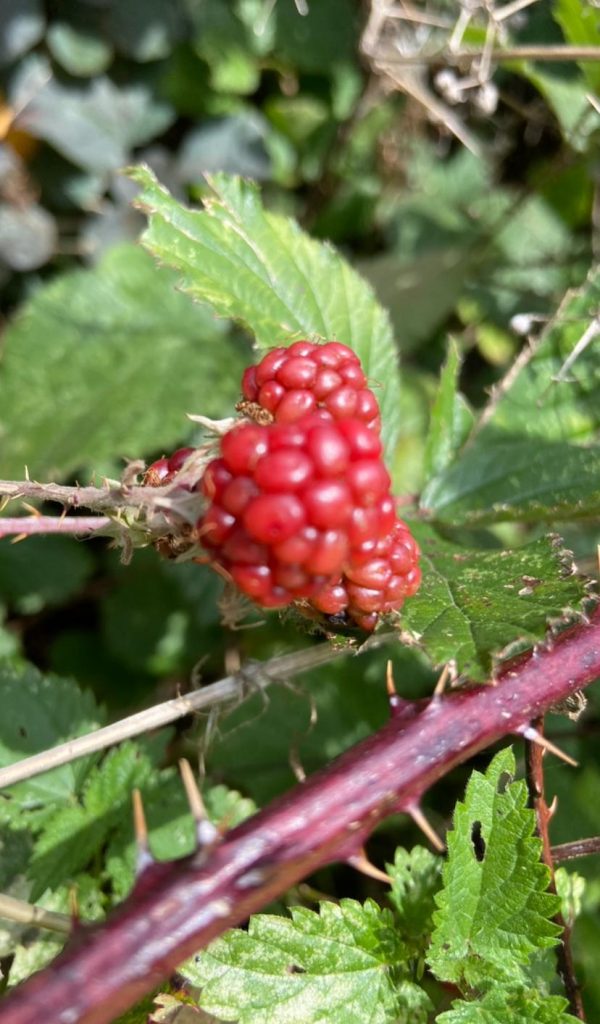
RASPBERRY AWARENESS: Cavernomas are shaped like raspberries, so there is a cavernoma awareness day referred to as Raspberry Day, every third Friday of September. Credit: James Charlton.
Stankovska, who trained as a broadcast journalist and has been a TV presenter for shopping channel Ideal World since last September, was approached by Kitchenaid and QVC for an audition in February; she has a long-term interest in cooking specialism as a celiac of 20 years, and makes cookery videos for charity on YouTube with health, healing, and adaptability at the forefront of her narrative.
Stankovska said: “I associate cooking with warmth and love, and I love entertaining and bringing people together.”
Stankovska founded The Cavernoma Society in 2018; a volunteer-led national charity supported by fund-raising, that offers free, unlimited services in hired venues across England, Scotland and Wales for those affected by cavernomas, including counselling, therapeutic retreats, advice on rehabilitation post-surgery, benefit support groups, and exercise classes.
Brain nutrition is consistently promoted at the society owing to the brain needing more calories to heal, and metabolism often being slow during recovery.
Stankovska said: “My charity is a community, and we help each other via community, we look at how food affects the brain and healing: turmeric is a natural blood thinner, and grapefruit lowers blood pressure.
“We’ve changed lives, and people see the value in that.”
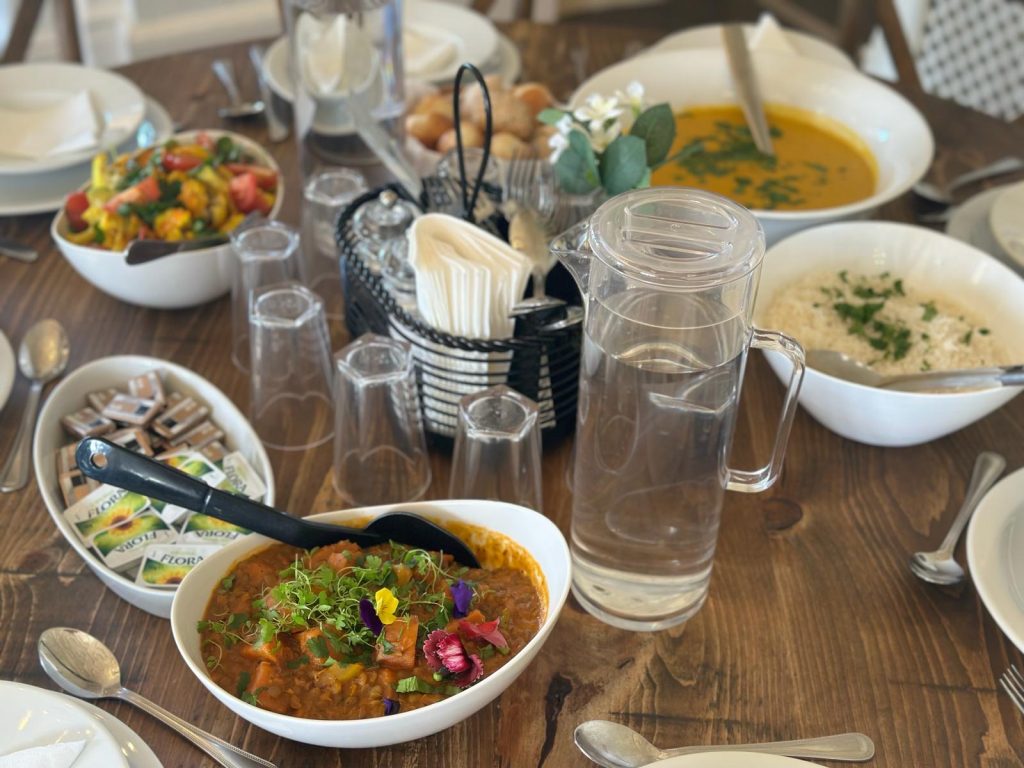
HELP VIA COMMUNITY: The Cavernoma Society gathering for workshops and nutritious food. Credit: Simona Stankovska.
James Charlton, 43, a construction worker from Bolton, has been a society member since 2022.
On attending one of the society’s mindfulness and wellness retreats in Lincolnshire, Charlton said: “There were people with different kinds of cavernomas: we felt like a little family there.”
Charlton suffered a haemorrhage in the right temporal lobe following a series of migraines, poor left-eye vision, and what he thought was a blocked ear; he needed two surgeries after the first cavernoma grew back within 12 months, but he now has the all-clear.
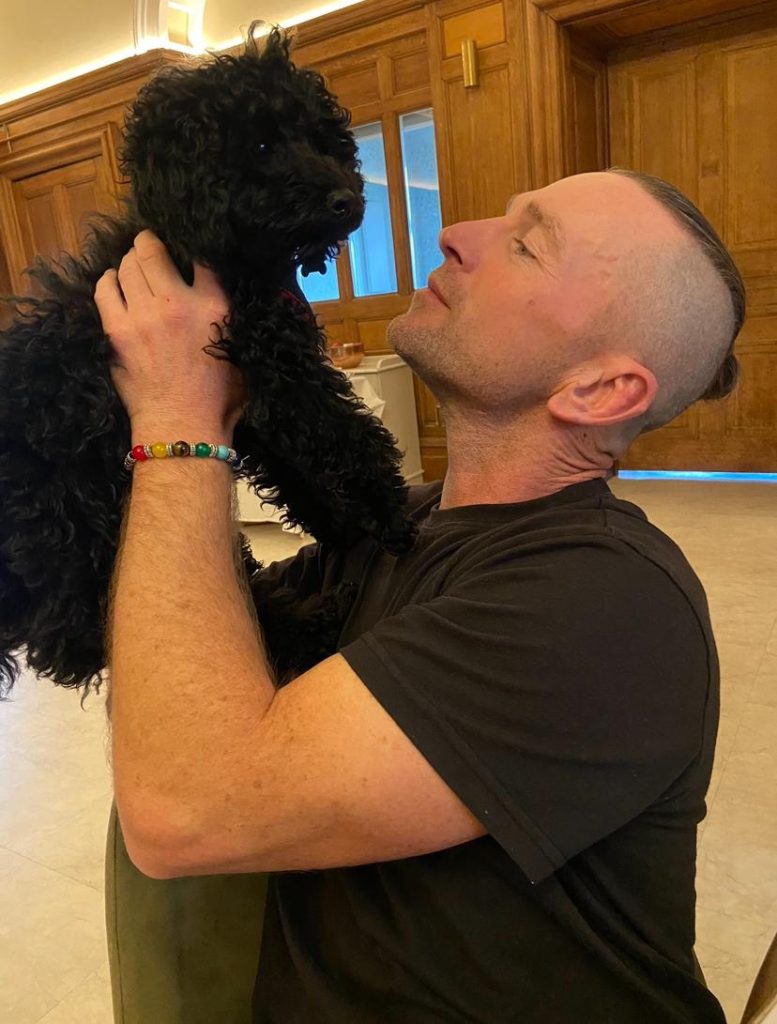
ALL-CLEAR: James considers himself very lucky. Credit: James Charlton.
Charlton said: “I was in this twilight zone thinking who to blame or what; I’ve done that fight, and I consider myself one of the lucky ones; my life is a story you could write.
“I’ve customised myself to live a healthier lifestyle; I consume more omega fats like fish, and leafy greens grown from my allotment.
“As you grow older you care for your own wellbeing, your mentality needs to see beyond not liking the taste of something.
“You’re guided by which path you want to choose, it’s all about balance.”
Beth Dixon, 31, a secondary school teacher from County Durham, has been a society member since 2020, and has fund-raised more than £2,000 for the society in combination with her school year group.
Dixon was discharged from a tumultuous time in hospital during the pandemic following two haemorrhagic strokes and surgery, with very little information about what to expect after, and PTSD from her solitary experience.
After leaving hospital, Dixon reached out to the society after her mother found the charity online.
Dixon said: “I really struggle with fatigue and headaches; eating more eggs, oily fish, nuts, and good fats, have become staples in managing my symptoms and being able to work.
“Simona would message me every day, and advised me on what foods to eat, provided me with counselling, and introduced me to other people who had gone through similar things so I wasn’t getting as anxious with every little twinge.
“This communication was the most important thing for me in my recovery.”
For more information, see https://cavernomasociety.org.uk/
Featured image credit: Simona Stankovska.
